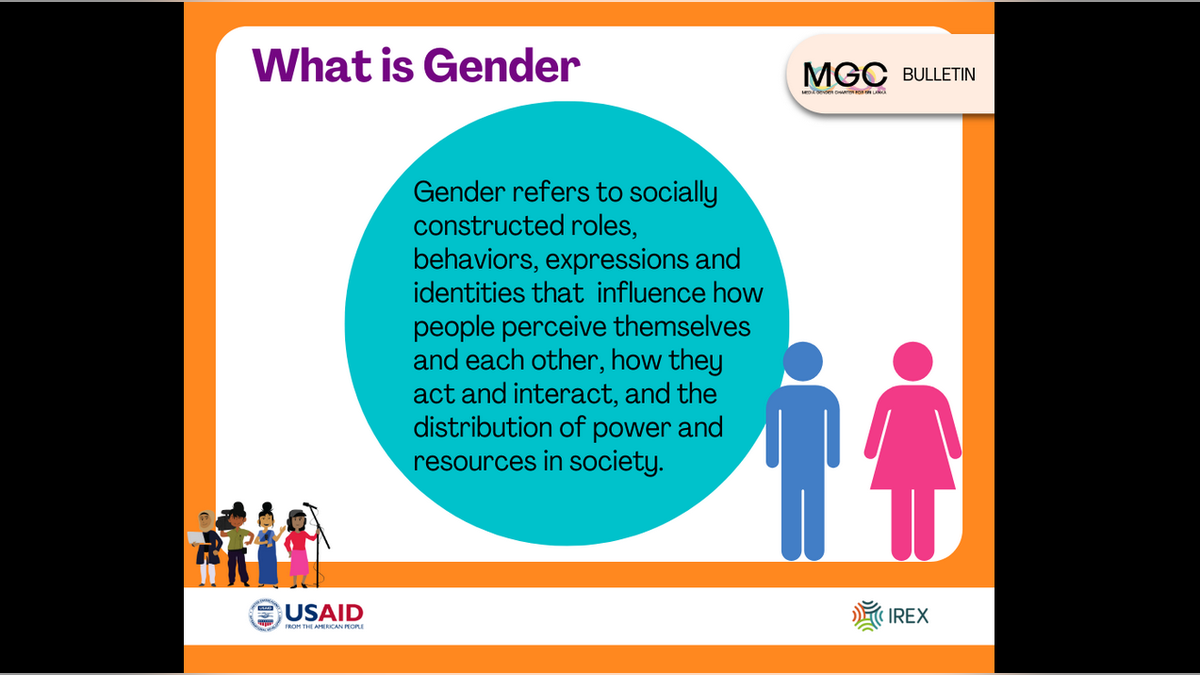Gov. Noem: America was better off with Biden in his basement
Gov. Kristi Noem, R-S.D., on Biden’s failure to secure the southern border as Title 42 is expected to expire and her staff gifting her a flamethrower for Christmas.
South Dakota Gov. Kristi Noem, on Monday, banned gender-affirming care for transgender individuals under the age of 18 after signing a bill into law.
Titled the "Help Not Harm" bill, the new law prohibits certain medical and surgical interventions for minors, according to the Republican governor’s website.

Republican South Dakota Gov. Kristi Noem has foregone three weekly press conferences since the start of the state's current legislative session, breaking longstanding tradition. (AP Photo/Phelan M. Ebenhack, File)
"South Dakota’s kids are our future," Noem said. "With this legislation, we are protecting kids from harmful, permanent medical procedures. I will always stand up for the next generation of South Dakotans."
SD REPUBLICANS PUSH FOR TRANS PROCEDURE BAN ON YOUTH
State Republicans introduced the bill in January, which keeps children under 18 from accessing puberty-blocking drugs, hormone therapy or surgeries that enable them to present as a gender different from the sex on their birth certificate.
The new law also includes punishments for doctors who provide the care, which includes revoking their medical license and exposing them to civil litigation.

The Media Empowerment for a Democratic Sri Lanka (MEND), which is funded by the United States Agency for International Development (USAID), has launched a campaign that teaches about gender pronouns, gender expression and gender-inclusive language. (Facebook screenshot/Media Empowerment for a Democratic Sri Lanka)
The Associated Press reported that opponents of the bill argued that such bans are government overreach into healthcare decisions and infringe on the civil rights of patients. They also argued that gender-affirming care is critical for helping transgender youth succeed in school, establish healthy relationships with friends and family and allow them to live authentically who they are.
But those in favor of the bill argued it addresses a mental health problem and that puberty was a natural cure for gender dysphoria, which is the distress felt when someone’s gender identity and expression do not match.
The World Professional Association for Transgender Health said last year that teens experiencing gender dysphoria can begin taking hormones at the age of 14 and can have certain surgeries at 15 or 17. While the group acknowledged potential risks, it said it was unethical to withhold early treatments which can reduce suicide risk and improve psychological well-being.
CLICK HERE TO GET THE FOX NEWS APP
South Dakota is not the only state to pass a ban on gender-affirming care. In fact, Alabama, Arkansas and Utah are just some of the states that passed similar laws.
The Associated Press contributed to the reporting of this story.







